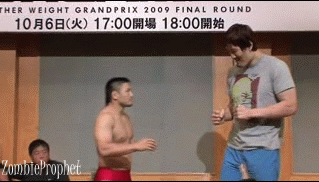It’s probably the same reason that dissatisfied fans of other major franchises have difficulty transitioning to other similar games - the things they dislike about one game, while important to them, aren’t as important overall as all of the other things they do like. It is more comfortable for most players to play Pokemon (or Call of Duty, FIFA, GTA, or whatever major franchise) and complain than it is to actually step out of their comfort zone and play a competing game - especially if that competing indie game doesn’t have the breadth of features or production value of Pokemon.

Industry leading games like Pokemon aren’t small undertakings. There’s a huge amount of work that goes into each and every pokemon game. Without similar budgetary backing and experience in the field, a competitor can’t realistically build out similarly competitive feature sets. It goes further than this, though - Pokemon isn’t a stationary target. Every new mainline game release brings new features, new gameplay, new story, new regions, and also brings back plenty of nostalgic content as well. Furthermore, new Pokemon games get built with all of the technology, tools, and expertise of the predecessors - they have a lot of collective experience building Pokemon games that a new competitor would likely lack. All of these factors put together means that any competitor aiming to take down the leader is not aiming at a stationary target, but a moving target - one that has a lead and is continuing to push forward. This is what makes industry leading franchises so difficult for a “killer” competitor to dethrone - it requires a tremendous amount of effort and resources to catch up to, let alone surpass, a market leader.

There’s also the mentality aspect of things - human brains tend to dislike change quite a bit. The percentage of players who threaten to quit a particular game and actually follow through is significantly smaller than the percentage of players who quit playing for other reasons. Much of the time, even if the player does switch to a new game, the overall scale of the changes to adapt to and inability for competitors to produce the consistency, production value, and scope of content that the franchise leader can usually results in the player returning to the original franchise at the next major product launch. These players often enter a leave/return cycle, where they’ll play for a while, leave, and then return at the next major launch.
[Join us on Discord] and/or [Support us on Patreon]
Got a burning question you want answered?
- Short questions: Ask a Game Dev on Twitter
- Long questions: Ask a Game Dev on Tumblr
- Frequent Questions: The FAQ